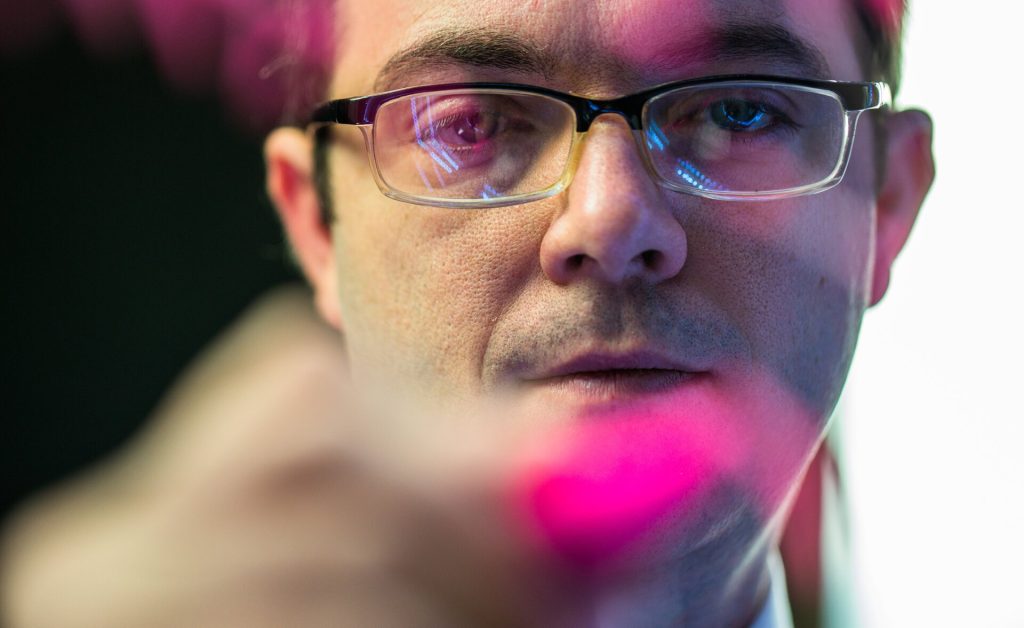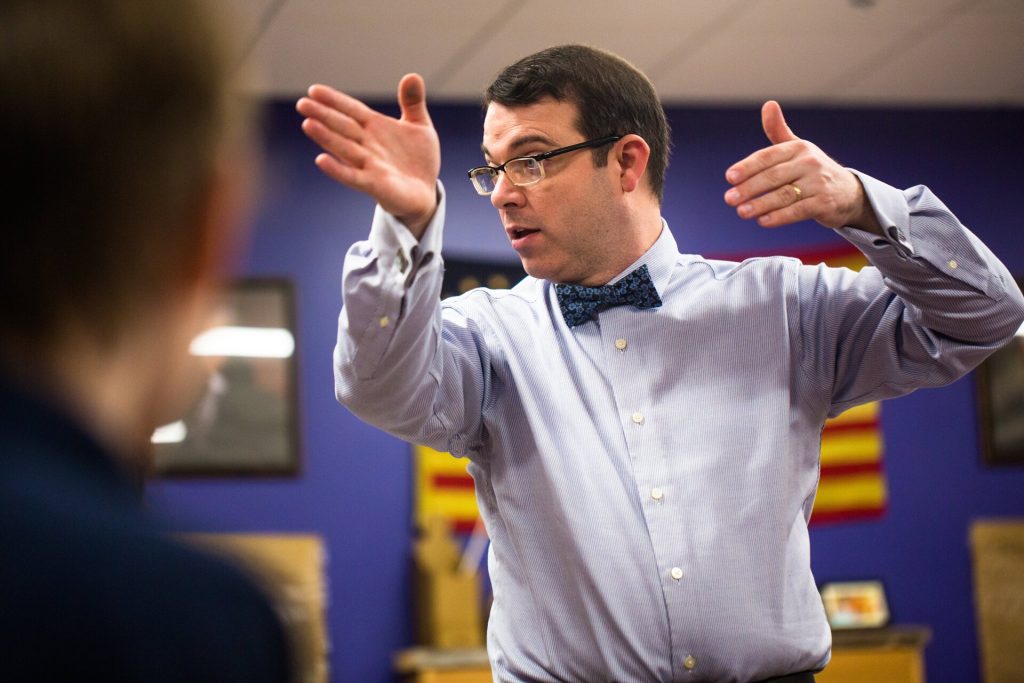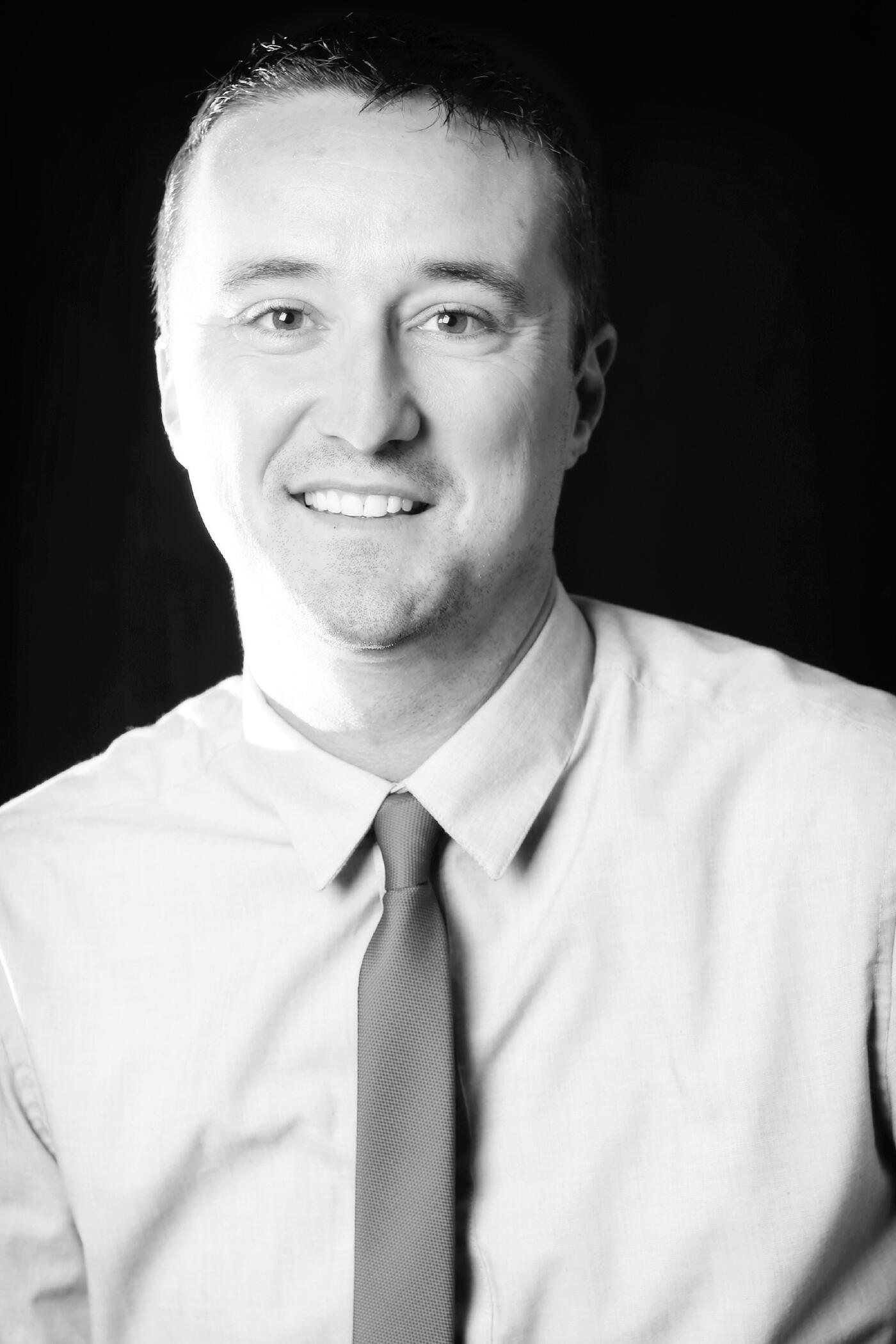
Dan Jones was at the lowest point in his career.
After seven years in the classroom, the social studies and language arts teacher was no longer connecting with his students. He lectured to a sea of glazed eyes, and there were some students he never heard speak. He dreaded coming into work every morning – so much so that he sat his principal down one day and confessed he wasn’t sure if he could continue teaching.
“I’m not going to allow you to quit,” she said.
“But I can’t continue to keep doing what I’m doing,” Dan countered.
“You can’t,” she agreed. “You’ll find a different way.”
And he did. A serendipitous search into cutting-edge classroom practices led him to flipped learning – and so, he flipped his classroom on its head, later applying to American College of Education so he could learn how to advance his efforts.
Three years after graduating, the Curriculum and Instruction graduate and newly-minted author sat down with us to discuss his book, “Flipped Learning 3.0 Project Based Learning: An Insanely Simple Guide,” and how the movement toward flipped and project-based learning shifted the energy in his classroom at Mansfield, Ohio’s Richland School of Academic Arts.
American College of Education: Flipped learning and project-based learning are some of the latest buzzwords in education. How do you define the two and what do they look like in action?
Dan Jones (DJ): Traditionally, we’re sending the work home with kids. They get home and they either don’t remember what was taught in class, or they have questions and need help, but their parents don’t remember how to do the work, so they’re lost. Flipped learning says: Take that component and put it back in the classroom. That’s when students need the teacher to work side-by-side with them through the classroom.
Flipped learning is essentially a meta-strategy that supports all other instructional practices, including project-based learning. I created my own definition [for that] because a lot of the definitions out there were convoluted and confusing. [Project-based learning] is simply the act of using a project as a learning tool to gain understanding and explain their mastery of the curriculum.
So often, projects are seen as the dessert. We learn everything, and then we create a project at the end, and project-based learning says: Absolutely not. The project is your main course. That project grows and morphs over the course of the entire unit. It really solidifies the understanding of the content for the kids, and it has transformed how kids approach social studies, language arts, [and] even math and science. At my school, we have six other teachers who are going through becoming certified as flipped learning teachers.

ACE: How do you work with students who may not have access to the resources flipped learning requires?
DJ: Well, there are different types of flipped classrooms and one of the specific modes — right now with the drive for filling every classroom with Chromebooks and one-to-one drives — there are teachers who have said, “Let’s use this for the flipped classroom.” They’ve done an in-flip, so you have a station where the students are watching an instructional video or working one-on-one with the teacher and another where they are applying information, so that alleviates any of the need to take flipped learning outside of the classroom.
In my own classroom, our classes don’t start until 8:15 a.m., so students have a 45-minute period where they can come in and use our technology to get done what needs to be done. We also have an hour after school where students can use the technology to get their work done. There are a lot of different ways to approach it.
ACE: How did your the M.Ed. in Curriculum and Instruction help affirm what you were doing with flipped learning?
DJ: One of the things that ACE did for me that I had not really done a lot of before is research, so when I started in my classes, it really validated what I was doing in my classroom.
My efforts were recognized by Jon Bergmann, one of the pioneers of flipped learning [and co-founder of the Flipped Learning Global Initiative, a collective created to support the growing interest in flipped learning]. After chatting with Jon about my classroom practices, he asked me to be a part of the Master Flipped Educators. Within this group, I am able to collaborate with other Master Flipped Educators around the world. I work with teachers in Australia, Iceland, Columbia, Spain, Iran, Brazil and [the U.S.], and that got me thinking about the book. It all started with ACE.
ACE: What was it like being able to draw on different cultural perspectives while you were writing about the flipped class?
DJ: Being able to tap into a global community was AWESOME! It showed me that flipped learning was a global practice, and it enabled me to see how education is being done around the world. Whenever I talked with a teacher in another country, I learned how to improve what I was doing in my own classroom. It showed me that as educators, we have to talk to each other and share our experiences with one another.
ACE: What are you hoping to add to the dialogue around flipped learning and project-based learning by sharing your experiences?
DJ: I want to set people up for success when implementing project-based learning in their classroom. I also wanted to show people how flipped learning allows project-based learning to function well.
So often, teachers feel as though they don’t have time to do project-based learning let alone do it well. My book walks teachers through the process of setting up a project-based learning classroom and how to use it with every unit of study, not just one or two.
ACE: What’s next on the horizon for you?
DJ: I want to share my experiences with the world. I’ve created a weekly podcast relating to flipped learning and best practices. It’s called “Flipping the Script on Education.” I also have a blog where I post almost weekly about my experiences with flipped learning. My goal as an educator is to seek out opportunities where I can help move education from good to great.
Learn more about the M.Ed. in Curriculum and Instruction program at American College of Education.

